Translated from Kannada to English by Srinath Perur
Every time I find myself in a very messy situation, I end up saying, “sab gajar-bajar ho gaya hai.” Gajar bajar is to me the epitome of messiness. How I got hold of this word, I don’t know. But when I read Vivek Shanbhag’s Ghachar Ghochar, I could immediately conjure up the feeling of this jumble and muddle, which is also so characteristic of the story. It is, at its heart, a novel about disorder and disarray.
We encourage you to buy books from a local bookstore. If that is not possible, please use the links on the page and support us. Thank you.
Told by an unnamed narrator, Ghachar Ghochar follows a dysfunctional family which has acquired a financially high but morally low social status.
The novella opens with the narrator sitting at Coffee House, a place stuck in time, where we also meet the supporting cast, each memorable in its own right. There’s the waiter Vincent, who has the uncanny knack to make philosophical pronouncements, and Chitra, the narrator’s former love interest.
But soon they recede into the background and we meet the dramatis personae. These include the narrator’s father, his mother, his wife Anita, his sister Malati and his uncle. We see them as they lived some years ago, from their humble beginnings to their meteoric rise as the company founded by his uncle – Sona Masala – takes off.
Ghachar Ghochar indeed: The great Indian family
The core of Ghachar Ghochar is a drama familiar to most Indians. Here, the uncle is the patriarch around whom our narrator’s world revolves. This becomes a key point of tension in the family post the narrator’s marriage and the arrival of a second outsider, which disrupts an established familial harmony. Without her, they are a unit with shared memories, values and profits.
It will be simplifying this complex plot to label women as home breakers. Although their actions result in disharmony, the impetus behind their actions is to achieve what they think they deserve – be it a comfortable life, a husband who needs to give them more time, a husband who is more than just a part of the family, or just plain acknowledgement.
The conflict between old and new members drives the plot of Ghachar Ghochar. Because they work like a well-oiled machine and because there is an unsaid sense of solidarity among them, this family has no place for outsiders – be it the husband of Malati, the wife of the narrator or the unnamed woman.
Towards its climax, domestic bliss is replaced by snide remarks and petty battles fought between the three women – and everything becomes ghachar ghochar. Even the word ghachar ghochar is a word that enters the narrator’s vocabulary from outside – from his wife. Given the way the family functions, it is not surprising that only an outsider’s vocabulary can provide a term for it.
Saying more with less
Ghachar Ghochar moves at an even pace throughout and delivers a punch in a span of less than 120 pages. The prose is clean and sparse and the narrative richly detailed, recreating the intricacies of social and familial life in India, and how time affects the bonds between the characters.
While talking of the past, the narrator’s tone is more humane. For instance, when he talks of his father now, he says
“If he dies instate, his assets will be divided equally between me, my sister and my mother. Our only fear now is that he might lose his mind with age and become ruinously entangled in some philanthropic enterprise.”
In contrast, on the very next page, when he refers to his father in the past, his tone becomes very different:
“His salary was barely enough for all of us to subsist in a city such as Bangalore, but we managed to get by . . . . And if we didn’t feast, neither can it be said that Malati and I ever went to bed hungry. He also managed to look after Chikkappa like a son and put him through his B.Com.”
Style and substance
Shanbhag gives realistic portrayals and descriptions of the family and its characters seem alive and pulsating, even menacing. He also uses the power of suggestion to its finest in the last chapters of the novella, just hinting at but never revealing the exact circumstances of occurrence, keeping the reader on her toes as the end draws near.
The first person narration allows for the drama to unfold as a personal family affair, rather than gossip. Shanbhag very realistically portrays the ups and downs and the mood shifts of the family, the moments of ease and unease as well as their daily routines and lifestyles.
It seems to come to the reader undoctored and raw, exactly as it happens in many Indian families.
There is power politics in the house, the gossip sessions as other families are discussed, the quarrels where below-the-belt barbs are thrown at each other, and where seemingly innocent remarks have the power to bring the whole household down.
Devoid of any melodrama, the portrayal becomes more menacing and threatening. There is so much tension in the family atmosphere that it becomes claustrophobic not just for the narrator but also the reader.
Read Ghachar Ghochar as a realistic novel, read it as a domestic thriller or read it as the tale of a dysfunctional family, but read it you must. It’s the brilliance of the work that it can be read and interpreted on so many different levels.
The novel complements its title but the title also becomes ironic as it’s the story of a situation that seems to be beyond repair, but also the story of unravelling of a family. As long as the fates of these people remain intertwined, their lives will continue to be a mess, with a lot of, that’s right, ghachar-ghochar
Favourite Quote:
How was I to tell her that Chikkappa must be protected at all costs? She wouldn’t understand. For that, she’d need to have lived those days with us – when the whole family stuck together, walking like a single body across the tightrope of our circumstances.
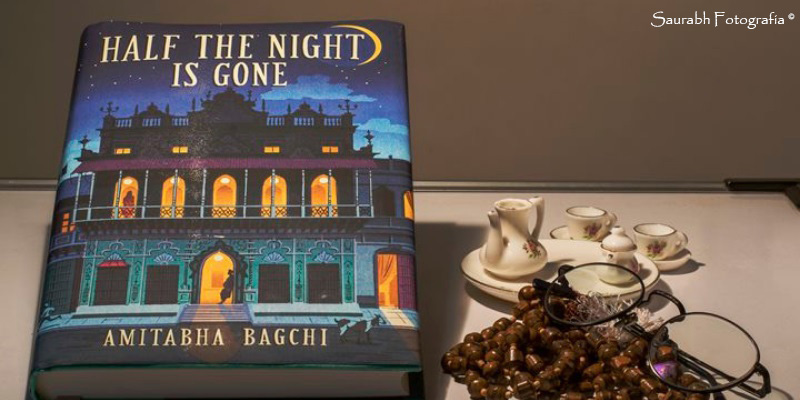
If you like Ghachar Ghochar, you may also enjoy Amitabha Bagchi’s Half the Night is Gone, although it lacks the tight pacing of Ghachar Ghochar.








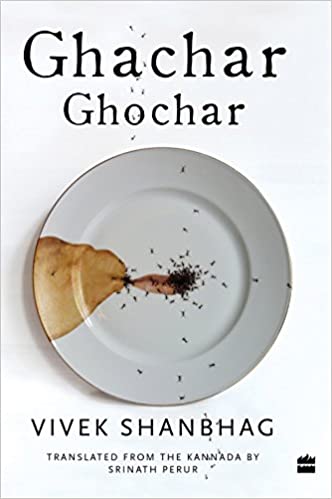
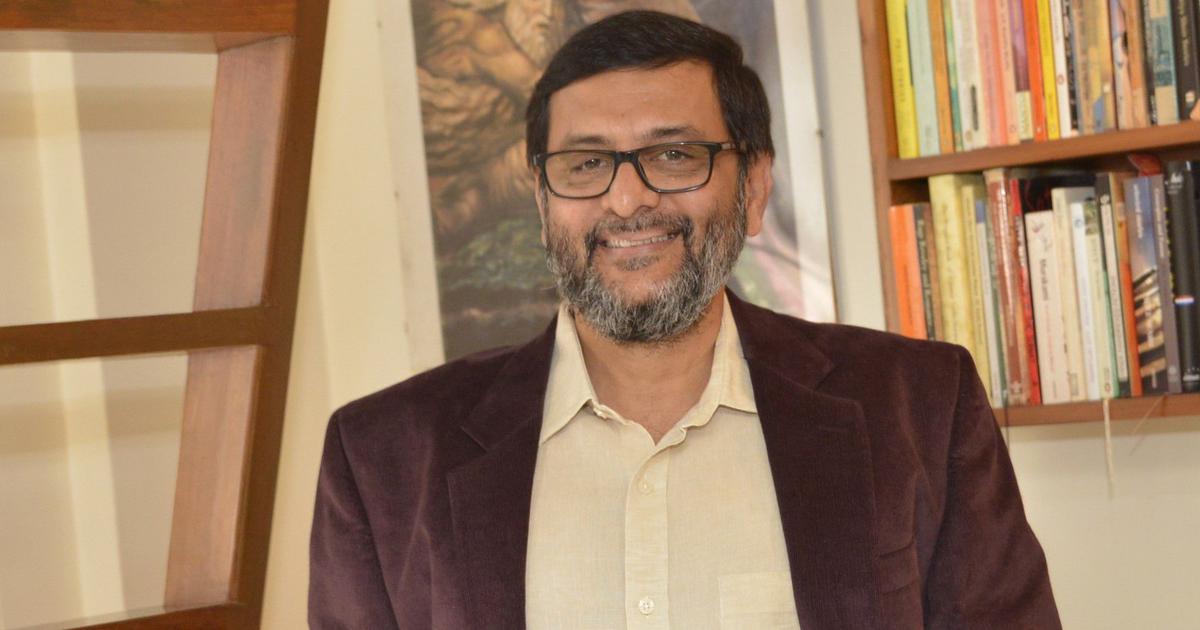



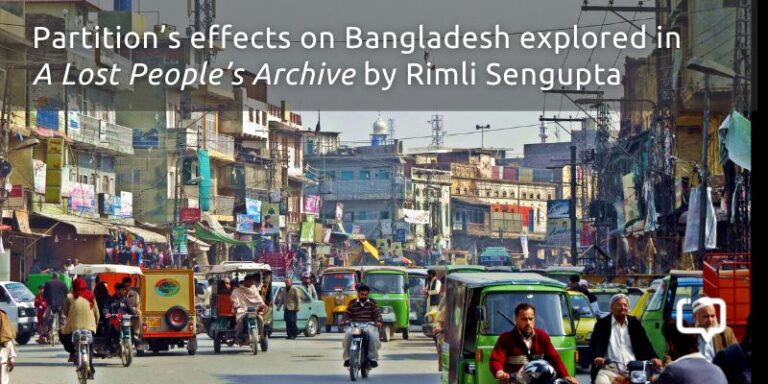
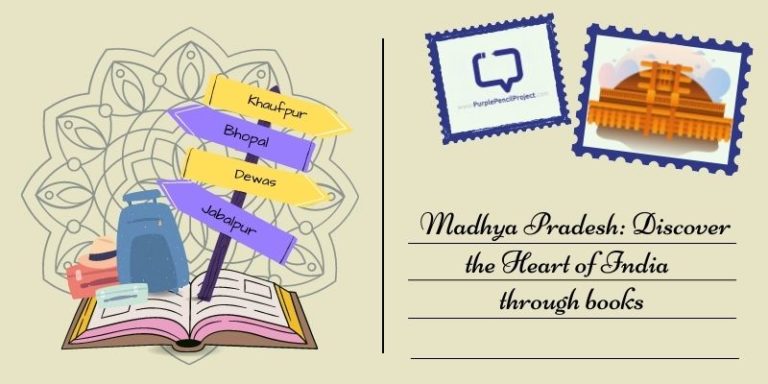





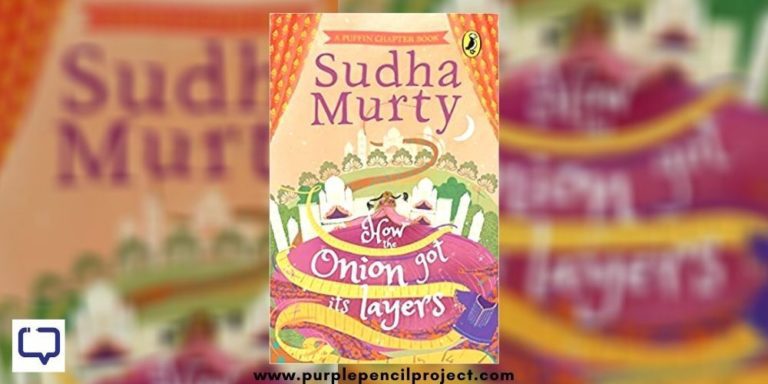
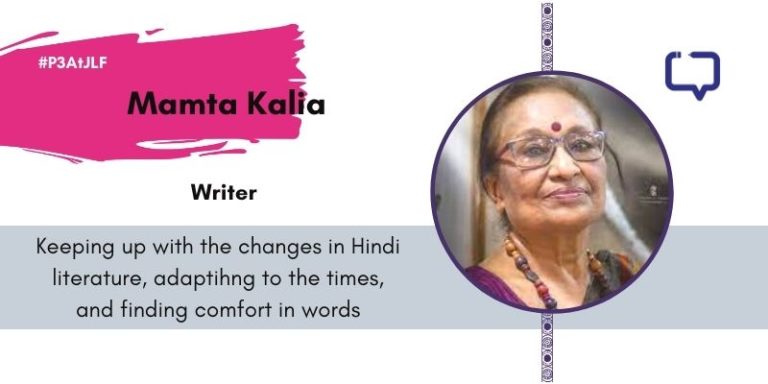

3 Responses
I loved this book immensely, especially for the depiction of times before the family became prosperous, the tallying of accounts and the hunt for ants in the household. Small books are a treasure to read, densely packed and every word implies some dynamics and action. And thanks to Srinath Perur that we all get to read of the big mess.
The big mess of the great Indian family, ghachar ghochar. Nice post !
That’s true, it captures Indian family life with rich detail and nuance! Lucky it’s been translated!